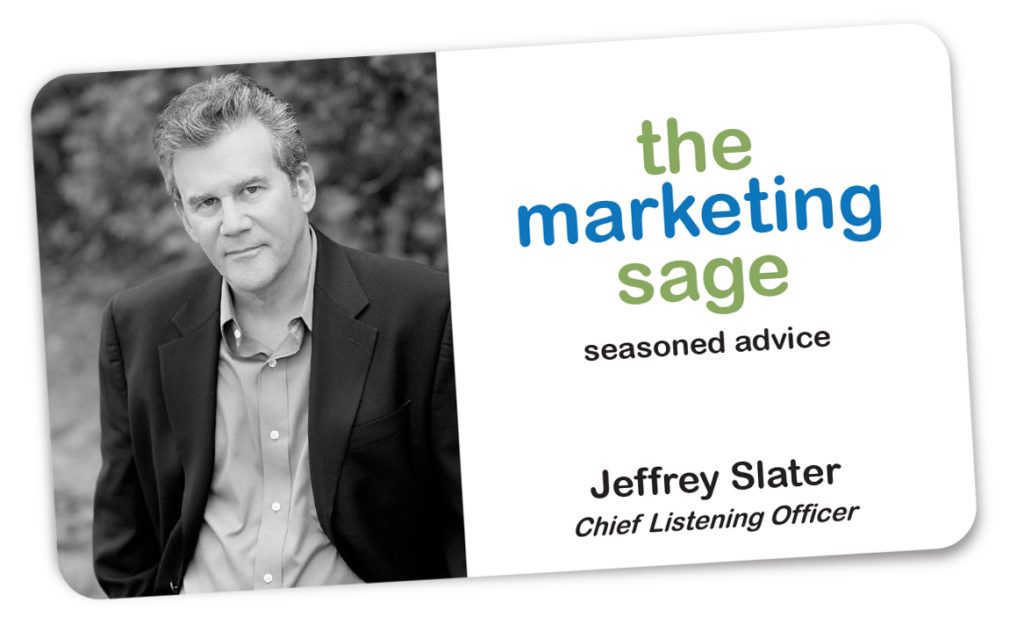Twenty Mistakes for Brand Managers To Avoid
I had a brand manager reach out and ask for my guidance on avoiding mistakes in her job. After a few hours of coaching her, I realized my advice on avoiding mistakes would make a helpful blog for many new and upcoming brands and marketing managers.
I identified the top 20 mistakes brand managers make in their jobs and offered suggestions for avoiding them.
By the way, I made most of these errors throughout my career. You know, experience is the best sage.
Twenty Mistakes for Brand Managers to Fail
- Not having a clear brand strategy – Ensure you understand your brand’s goals, target audience, positioning, and competitive advantage before launching marketing campaigns. Always start with a strategy before jumping into tactics.
- You were focusing too much on short-term goals – Balance short-term gains with long-term brand-building efforts to sustain growth and market share. It would be best to sell your colleagues the value of internally building a deep and meaningful brand.
- Ignoring customer feedback – Use customer feedback to improve products, services, and customer experience to build a stronger brand. Learn to listen with an open mind, not a preconceived idea.
- Not keeping up with industry trends – Stay current with the latest trends to keep your brand relevant and competitive. Also, look at industries tangential to yours for insights that may impact your brand.
- Not investing enough in branding – Allocate resources to build and maintain your brand’s equity, reputation, and image. You must be the brand sheriff fighting for resources to enrich the brand’s value.
- Not having a consistent brand voice – Ensure that all marketing messages and brand communications have a consistent tone and voice that resonates with your target audience. An inconsistent statement confuses consumers. Make sure you have strong brand standards in place.
- Neglecting social media – Use social media platforms to engage with customers, build brand awareness, and drive traffic to your website. Don’t worry about being everywhere. Be where your customers spend most of their time.
- Not monitoring brand mentions – Use social media listening tools to monitor brand mentions and promptly respond to customer inquiries and complaints. Social listening is an invaluable resource and insight opportunity.
- Not using data to inform decisions – Use data analytics to measure the effectiveness of marketing campaigns and make data-driven decisions. Gut instincts shouldn’t be ignored, but having data that allows you to test hypotheses and intuitions will matter to those more senior in your company.
- Not prioritizing employee training – Invest in training programs to ensure employees understand and embody the brand’s values, mission, and vision. If you manage a team, ask them what type of training could help them improve their productivity and career.
- Over-promising and under-delivering – Set realistic expectations and ensure your brand consistently delivers on its promises. The worst mistake you can make is not setting expectations. Be realistic on timelines and give yourself room for work/life/stuff to get in the way of your plans.
- Ignoring your competition – Keep a close eye on your competition to identify opportunities and threats to your brand. However, don’t let competitors lead you in the same direction. If you see a competitor with a new flavor, that doesn’t signal you should copy them. Learn from the market, but always find a new, fresh, innovative angle.
- Not adapting to change – Be agile and adapt to changes in the market, customer preferences, and industry trends to remain competitive. Change is certain. Be prepared, fluid, and flexible. Spend time planning for scenarios that may disrupt your plans.
- Failing to innovate – Continuously improve your products, services, and marketing campaigns to stay ahead. Innovation means disrupting the categories’ typical patterns of behavior. If everyone is focused on one element, find a new and different angle that is meaningful to your audience.
- Ignoring your brand’s image and reputation – Proactively manage your brand’s image and reputation to maintain customer trust and loyalty. What happened to Bud Light recently is a teachable moment. What could you do differently to avoid what happened to them?
- Not measuring ROI – Use key performance indicators (KPIs) to measure marketing campaigns’ return on investment (ROI) and adjust strategies accordingly. The brand manager who tracks ROI and reports it up the ladder will find herself preparing for her next job. Senior leaders want evidence that they are testing, learning, and measuring.
- Not collaborating with other departments – Collaborate with sales, customer service, and product development to ensure a consistent brand experience across all touchpoints. This has always been key to me. If you partner with peers in other departments, they may bring you great insights and can help you be supportive when needed.
- Not leveraging partnerships – Partner with other brands and influencers to reach new audiences, build credibility, and drive sales. Market partners can expose your brand to new and similar prospects. Leverage is invaluable when you want to raise awareness with untapped audiences or markets that align with your current business base.
- Failing to align with company culture – Ensure that your brand’s values, mission, and vision align with your company’s culture and values. Learn how to read the room. Don’t try to be funny if the company culture is button-up and serious. If that doesn’t fit your personality, find a place that does work for you.
- Not seeking feedback from stakeholders – Solicit feedback from employees, customers, and partners to identify areas for improvement and build a stronger brand. A frequent mistake is believing we understand what internal or external stakeholders value. Learn to listen. Ask for insights, help, and advice. It will make you smarter and a better marketer.
Learn From Your Failures
As a coach and mentor, I help brand managers overcome these challenges and build a successful brand that resonates with their target audience. My consulting practices often focuses on a few of these approaches to brand management.
What can you add to this list?
Tell me what you learned from your failures.
You can set up a time to chat with me about your marketing challenges using my calendar. Email me jeffslater@themarketingsage.com Call me. 919 720 0995. The conversation is free, and we can explore if working together makes sense. Watch a short video about working with me.
Photo by Diana Polekhina on Unsplash





